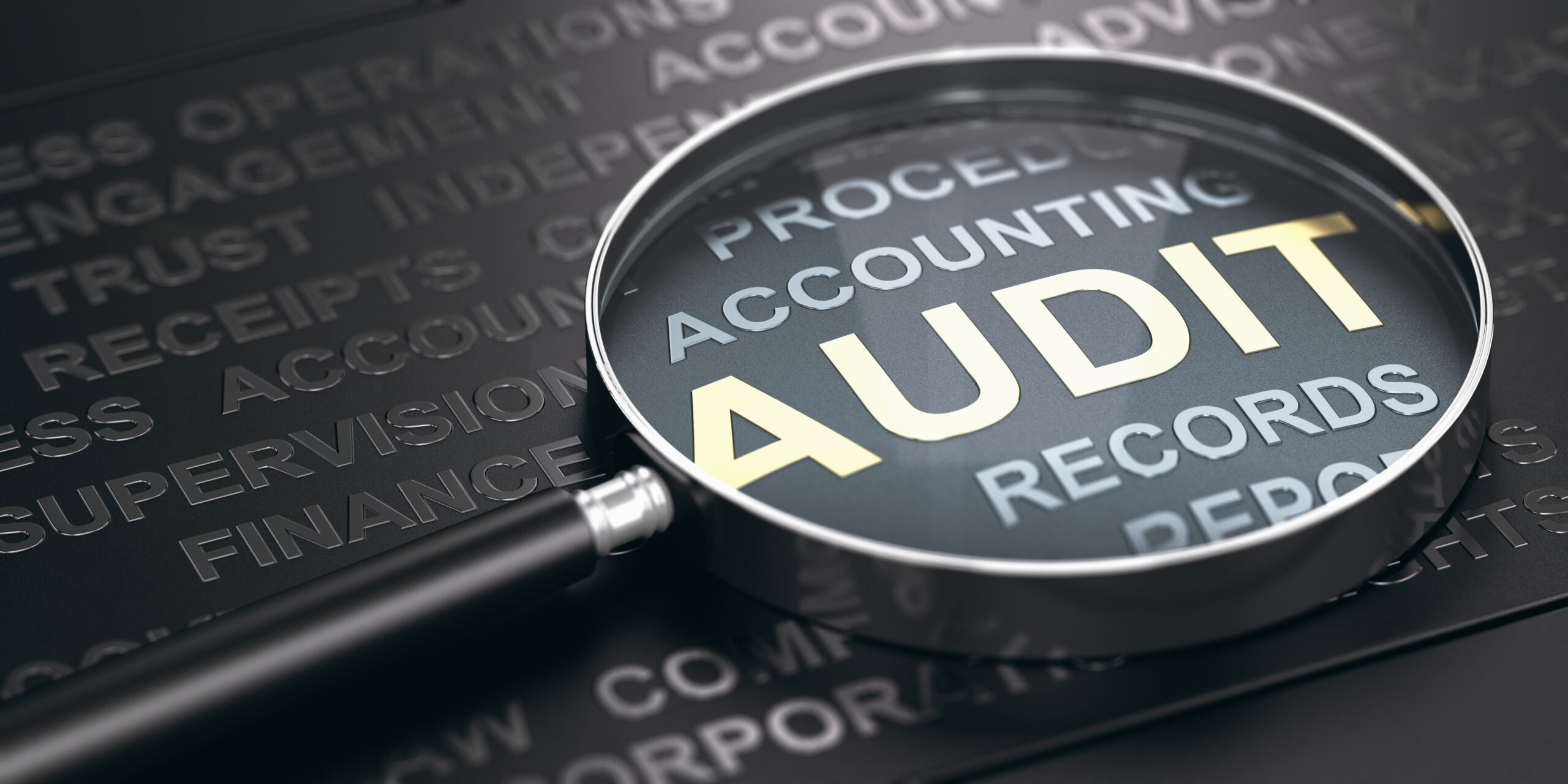In today's data-driven business landscape, organizations rely heavily on analytics to make critical decisions, optimize operations…
Auditing Partnership Insurance: Essential Coverage for Accounting Firms
When accounting professionals join forces in a partnership, they're not just sharing expertise and resources – they're also sharing risks and liabilities. Auditing partnerships face unique challenges that require specialized insurance coverage to protect against professional mistakes, regulatory issues, and the complex dynamics of shared responsibility.
Understanding Partnership Liability in Auditing
Unlike sole practitioners, auditing partnerships create a web of interconnected liabilities. When one partner makes an error during an audit, all partners can be held jointly and severally liable. This means that each partner's personal assets could be at risk, regardless of their direct involvement in the mistake.
The nature of auditing work amplifies these risks. Auditors are expected to detect material misstatements, fraud, and compliance issues. When they fail to do so, the financial consequences can be devastating – not just for the client, but for the entire partnership.
Key Risks Facing Auditing Partnerships
Professional negligence claims represent the most significant threat to auditing partnerships. These can arise from:
- Failure to detect material misstatements in financial reports
- Inadequate audit procedures or documentation
- Missed fraud indicators during audit processes
- Incorrect advice on accounting standards or regulatory compliance
- Breach of confidentiality or data protection requirements
- Conflicts of interest that compromise audit independence
Regulatory investigations add another layer of complexity. Bodies like the Financial Reporting Council (FRC) can impose substantial fines and sanctions on partnerships found to have breached auditing standards. These investigations can be lengthy, expensive, and damaging to the firm's reputation.
The partnership structure itself creates additional risks. Disputes between partners, dissolution proceedings, and changes in partnership composition can all trigger insurance claims and complicate coverage arrangements.
Essential Insurance Coverage for Auditing Partnerships
Professional Indemnity Insurance forms the cornerstone of protection for auditing partnerships. This coverage should be comprehensive enough to handle the scale of potential claims in the auditing sector, where damages can easily reach millions of pounds.
The policy should cover all partners and employees, including temporary staff and consultants working on audit engagements. Coverage should extend to former partners for work completed during their tenure, as claims often emerge years after the original audit work.
Run-off cover is particularly crucial for auditing partnerships. When partners retire or the firm dissolves, claims can still arise from previous audit work. Extended reporting periods ensure continued protection even after the partnership changes or ceases operations.
Cyber liability insurance has become increasingly important as auditing firms handle vast amounts of sensitive financial data. A data breach could expose client information and trigger regulatory fines under GDPR, making cyber coverage essential for modern auditing partnerships.
Employment Practices Liability insurance protects against claims from employees, including allegations of discrimination, harassment, or wrongful termination. In partnership structures, these claims can be particularly complex when they involve disputes between partners.
Regulatory Compliance and Insurance Requirements
Auditing partnerships must maintain adequate professional indemnity insurance to meet regulatory requirements. The level of coverage required often depends on the firm's size, client base, and the nature of audit work undertaken.
For firms auditing public interest entities, higher insurance requirements typically apply. These firms face greater scrutiny and potential liability, necessitating more substantial coverage limits.
The insurance policy must meet specific regulatory standards, including coverage for regulatory fines and sanctions where legally permissible. Some policies exclude regulatory penalties, which could leave partnerships exposed to significant financial losses.
Partnership-Specific Policy Considerations
When structuring insurance for auditing partnerships, several unique factors require careful attention:
Joint and several liability means that coverage limits must be adequate to protect all partners' interests. A single large claim could potentially bankrupt individual partners if coverage is insufficient.
Partnership agreements should clearly define how insurance costs are shared and how claims are managed. Disagreements over insurance matters can strain partnerships and complicate claims handling.
Succession planning becomes crucial when partners retire or new partners join. Insurance arrangements must be flexible enough to accommodate these changes without creating coverage gaps.
The policy should address how coverage applies when partnerships merge, split, or restructure. These corporate changes can create complex insurance issues that need to be resolved in advance.
Managing Partnership Insurance Costs
Auditing partnerships can implement several strategies to manage insurance costs while maintaining adequate protection:
Risk management programs that include regular training, quality control procedures, and client acceptance protocols can help reduce premiums. Insurers often offer discounts for firms with strong risk management practices.
Higher deductibles can reduce premium costs, but partnerships must ensure they have sufficient resources to meet these self-insured retentions. The deductible structure should align with the partnership's financial capacity.
Claims history significantly impacts insurance costs. Partnerships with clean claims records typically enjoy lower premiums, while those with frequent claims face higher costs and potentially reduced coverage options.
Regular policy reviews ensure that coverage remains appropriate as the partnership evolves. Changes in client base, service offerings, or partnership structure may require adjustments to insurance arrangements.
Claims Management in Partnership Structures
When claims arise, auditing partnerships face unique challenges in managing the response. All partners may be named as defendants, creating potential conflicts of interest in claims handling.
Early notification to insurers is crucial, as many policies require prompt reporting of potential claims. Partnerships should establish clear procedures for identifying and reporting potential liability issues.
Legal representation may need to be carefully managed when partners have conflicting interests in a claim. Some policies provide separate counsel for individual partners when conflicts arise.
Settlement decisions can be particularly complex in partnership structures, as all partners may need to agree to settlement terms. Policy provisions should address how settlement authority is exercised in partnership contexts.
Choosing the Right Insurance Provider
Selecting an insurance provider for auditing partnerships requires careful evaluation of several factors:
Financial strength ratings indicate the insurer's ability to pay claims over the long term. Given the extended tail on professional liability claims, financial stability is crucial.
Experience in the auditing sector helps insurers understand the unique risks and coverage needs of accounting partnerships. Specialized insurers often provide more tailored coverage and better claims handling.
Policy terms and conditions should be carefully reviewed to ensure they meet the partnership's specific needs. Standard policies may not address all the complexities of partnership liability.
Claims handling reputation affects how smoothly the claims process proceeds when problems arise. Partnerships should research insurers' track records in handling professional liability claims.
Future Considerations for Auditing Partnership Insurance
The auditing profession continues to evolve, creating new risks and insurance challenges. Technology adoption, changing regulatory requirements, and evolving client expectations all impact insurance needs.
Artificial intelligence and data analytics are transforming audit processes, potentially creating new liability exposures. Insurance policies may need to evolve to address these technological risks.
Environmental, social, and governance (ESG) reporting requirements are expanding, potentially creating new areas of professional liability for auditing partnerships.
Remote working arrangements, accelerated by recent global events, create new risks around data security and quality control that may impact insurance coverage needs.
Conclusion
Auditing partnership insurance requires careful consideration of the unique risks and structures inherent in professional partnerships. From joint and several liability to regulatory compliance requirements, partnerships face complex insurance challenges that demand specialized coverage solutions.
The key to effective insurance protection lies in understanding these unique risks, selecting appropriate coverage limits and terms, and working with experienced insurance providers who understand the auditing profession. Regular policy reviews and proactive risk management can help partnerships maintain adequate protection while managing insurance costs.
As the auditing profession continues to evolve, partnerships must ensure their insurance arrangements keep pace with changing risks and requirements. By taking a comprehensive approach to insurance planning, auditing partnerships can protect their assets, reputation, and future viability in an increasingly complex professional environment.
For auditing partnerships seeking comprehensive insurance solutions, professional advice from experienced insurance brokers can help navigate the complex landscape of professional liability coverage and ensure adequate protection for all partnership risks.


 0330 127 2333
0330 127 2333
























